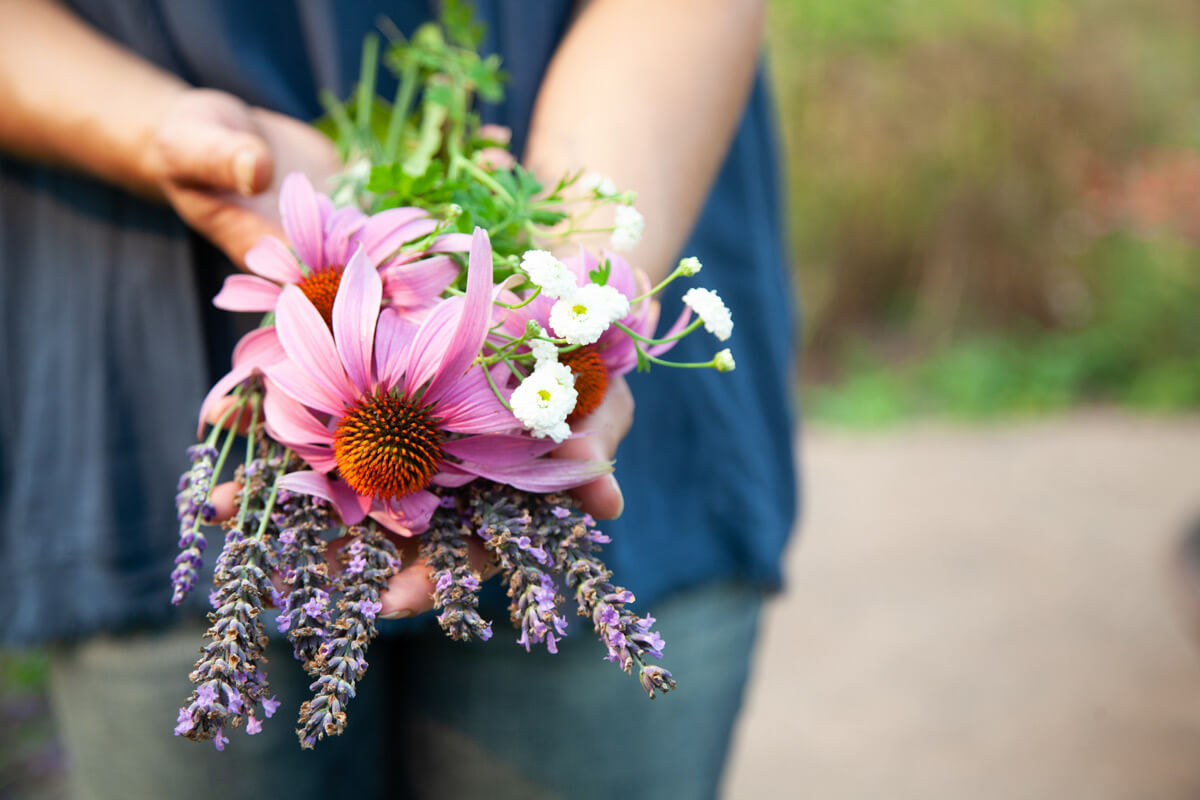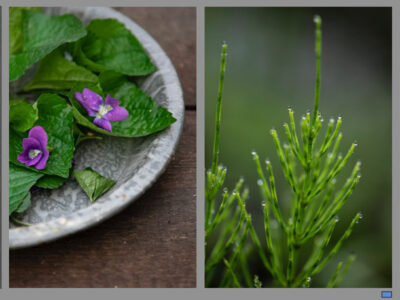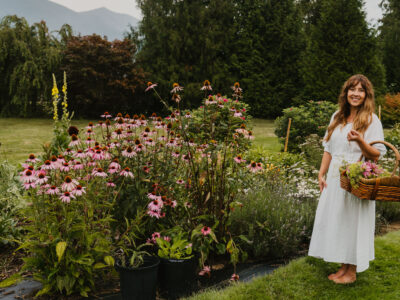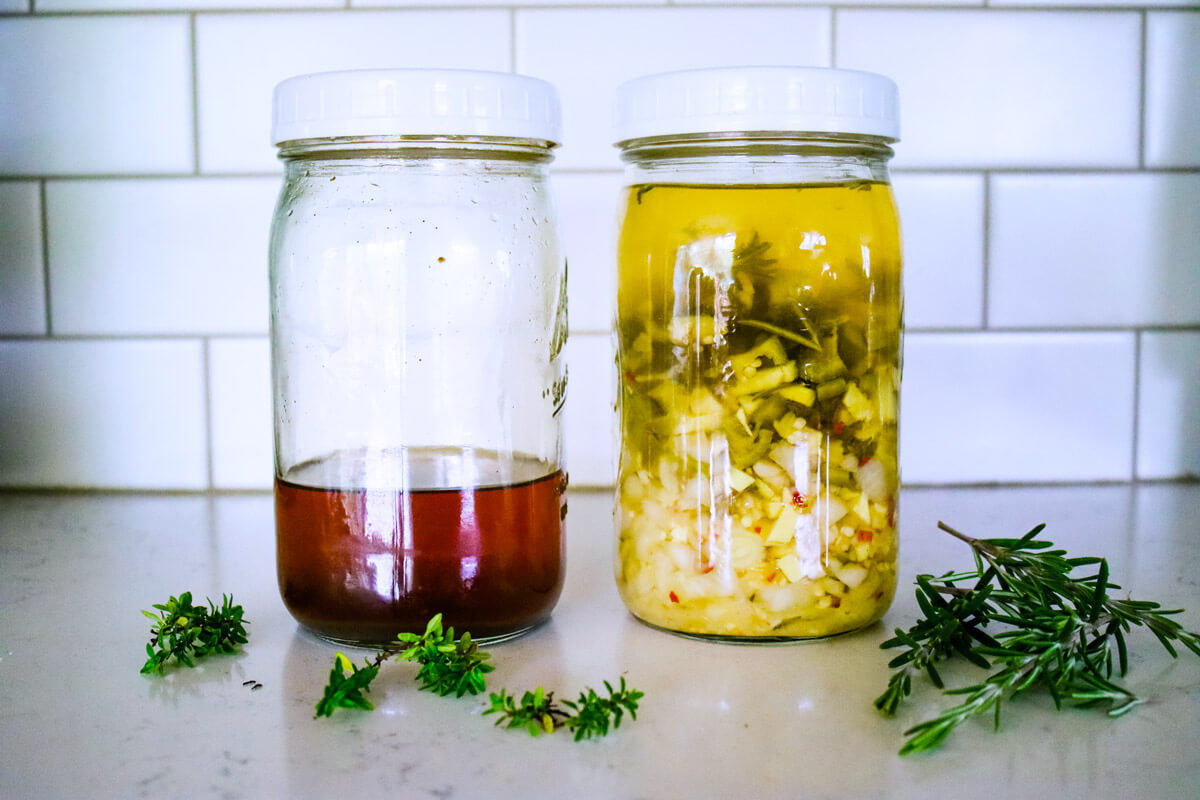What if you couldn’t get medicine from the store? What would you do? We’re discussing different options for alternative medicines, like growing and using medicinal herbs at home, as well as supply and demand issues with our modern medicinal system.
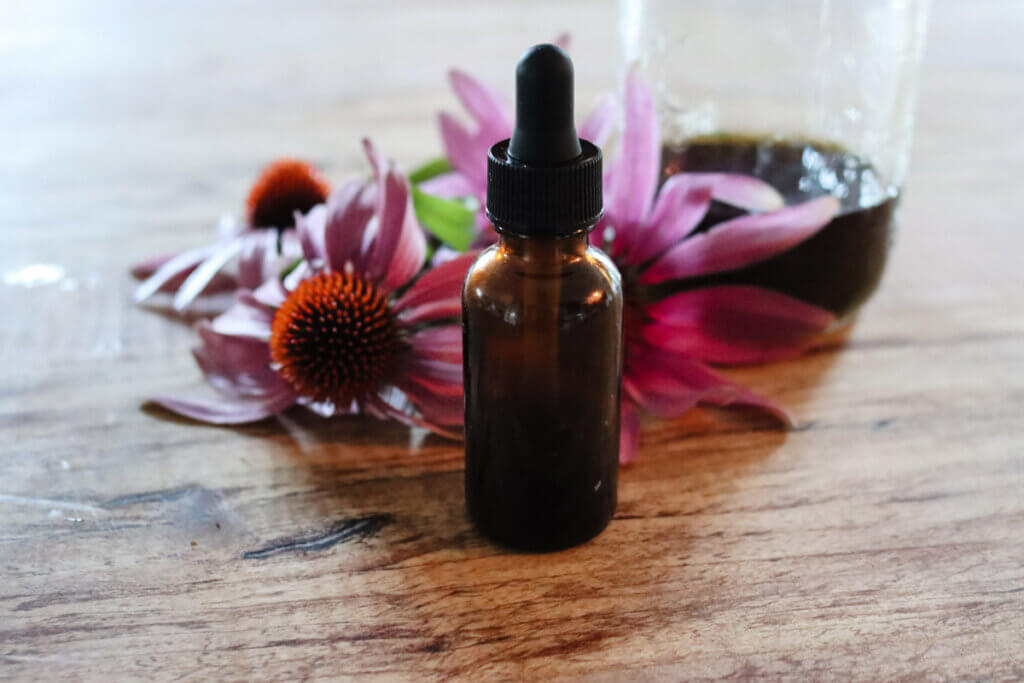
Over the years, through meeting different homesteaders at the Homesteaders of America Conferences, through this podcast, my website, and even the Pioneering Today Academy, many of you have shared with me that you came to the homesteading lifestyle due to medical reasons.
Natural Remedies Made Simple

Start your home apothecary with confidence—even if you’re brand new. Learn how to choose the right herbs for your body using the simple principles of herbal energetics.
Discover how warming, cooling, drying, and moistening herbs affect your body—so you can stop guessing and start making remedies that actually work.
In this podcast (episode #324) and post, we’ll be discussing the things I did to get off all prescription medications, the delicate medicinal supply chain, and ways to grow and use medicinal herbs at home.
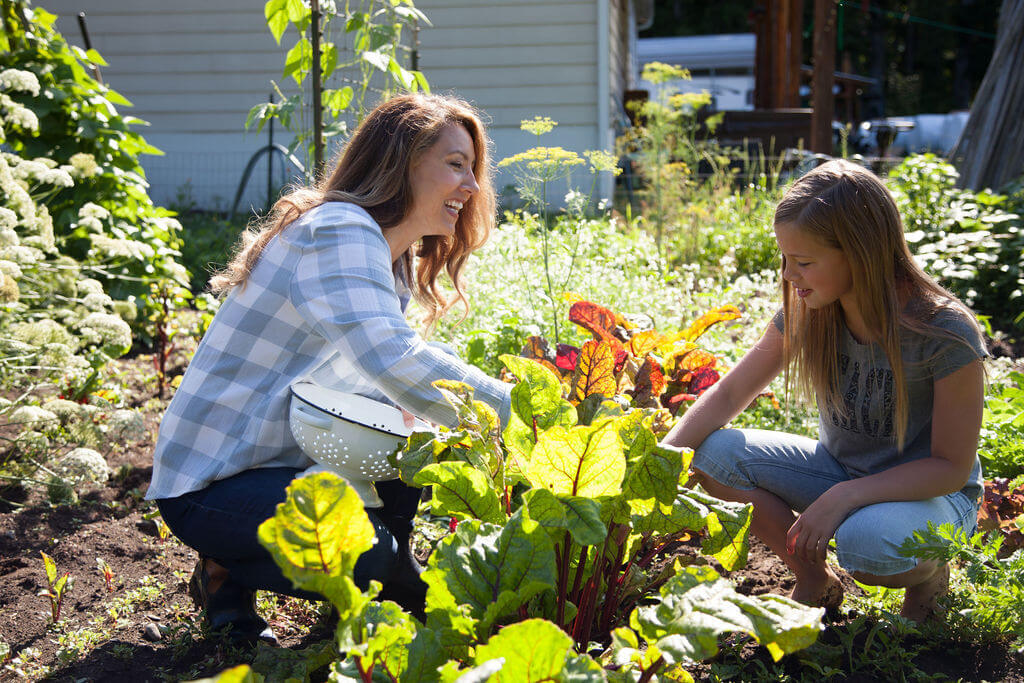
Our Food is the Problem
Whether from gut-health issues and allergies to food or other health problems, food sources are the common denominator. (Source) It’s important to learn how to improve our gut for better overall health and wellness.
If you’ve never heard my story, you can read more about that here (or just listen to this podcast episode!). In a nutshell, I had a huge cancer scare at the age of 29 and was able to come off all over the counter and prescription medications by cleaning up my diet and turning to homesteading and the pioneering lifestyle to turn my life and health around.
In my 18 years working as a pharmacy technician, one thing I noticed over and over was that the medications many people were taking on a continual basis (with no end in sight) could all be eliminated if they would just change the way they eat.
Now, this isn’t true for all medications, but the majority of what I saw were pills to treat symptoms, not the cause. And the cause of those symptoms would likely disappear if their diet changed.
Let food be thy medicine.
Hippocrates
I’ve always loved that quote, and think that looking at our food, diet, and lifestyle is always the best place to start when dealing with chronic health issues. But don’t get me wrong, I’m a huge fan of modern medicine and consider us beyond blessed to live in a world where we have emergency rooms, surgeons, and medications to help with trauma, accidents, etc.
But don’t throw tomatoes at me when I say too many people in this world turn to life-long medications (which can be toxic to our bodies, even if they do help with symptoms) when they could make dietary and lifestyle changes that would accomplish the same goal in a much healthier way. (Source)
It’s important to note that I am not a certified medical practitioner. This post is not intended to diagnose or treat but is for informational purposes only. Please contact your healthcare professional before introducing new herbal and natural remedies into your wellness routine.
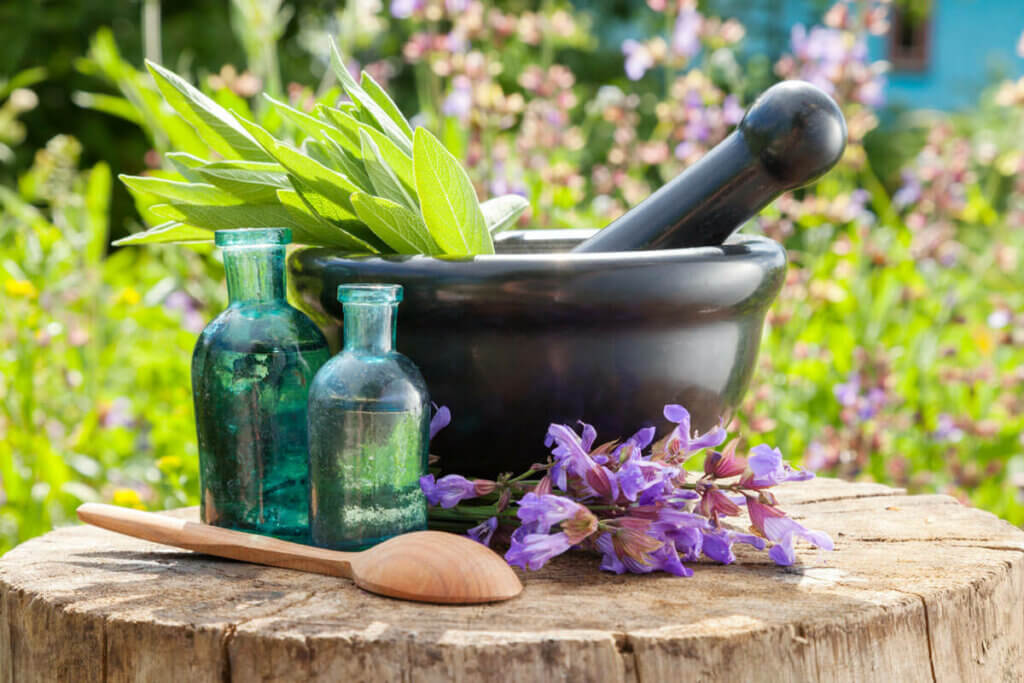
Medication Supply Chain
Three years ago when I would order new medications at my pharmacy tech job, there were times the manufacturer we were ordering from would simply say “unavailable”, with no prior warning.
There was no note of when the product would be back in stock, or even if it would come back in stock. We would try to find it available from a different manufacturer if it was an item available multi-source.
Occasionally, medications would just simply go away and we would have to call the doctor and get the patient on a completely different medicine.
I don’t say all this to scare you, but simply to share how fragile the medicinal supply chain can be.
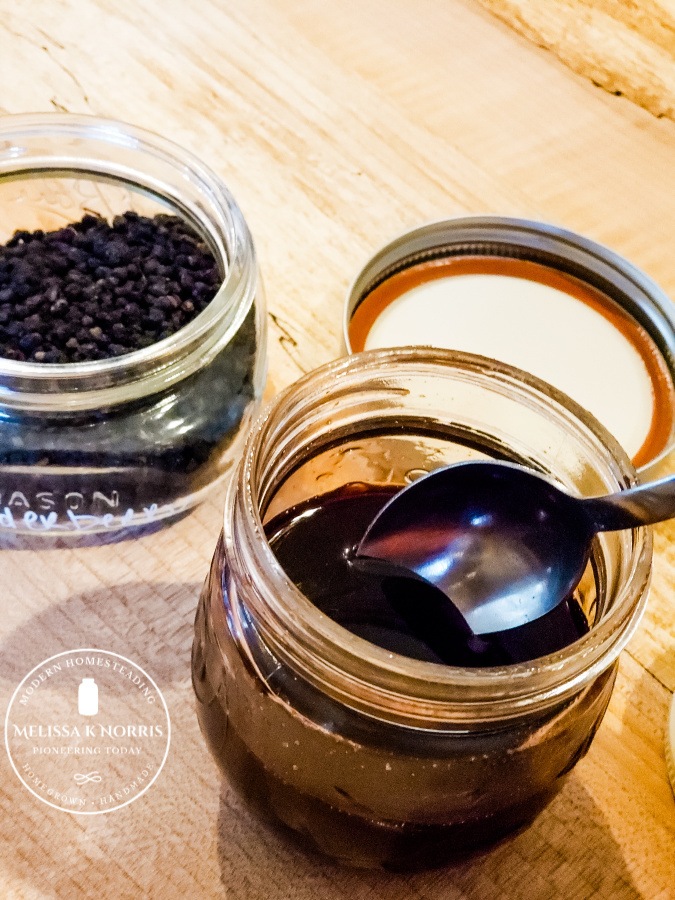
Our Response to Illness
If you think about it, we all respond differently to illnesses. There can be a cold that sweeps through your household, and one would think everyone would have the same symptoms and complaints, but this isn’t always the case.
There was one time my husband and I both got a cold and I finally noticed that when he gets sick it usually settles in his chest, whereas for me, I usually struggle with my throat and vocal cords.
I use different herbal remedies for myself vs. what my husband would take based on our energetics and present symptoms.
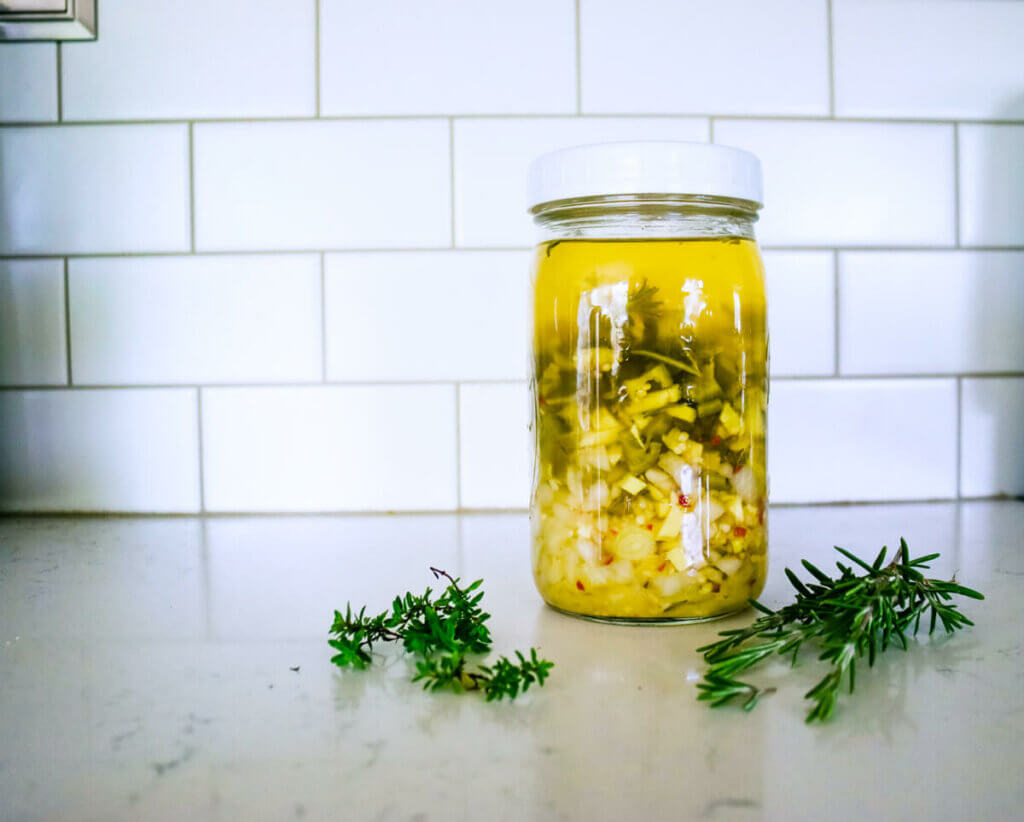
Alternative Medicine
We usually have a very well-stocked herbal medicine cabinet with things like homemade Fire Cider, homemade Elderberry Syrup, Herbal Wound Healing Salve, and other medicinal herbs to use in teas, herbal steams, tinctures, etc., however, I have been noticing that the supplies for these herbs and alternative medicines are just unavailable.
Especially in the small town where I live, I quickly realized that if I’m out of an herb that I’m not able to grow myself, or maybe didn’t grow it that year, that I can’t just run to the store and buy more.
When the Stores Don’t Have Your Medicine
At the end of this summer, my husband and I came down with a wicked cold. With livestock, harvest time, preserving time, teaching in-person workshops here on our homestead, and working a full-time job, we’d pushed ourselves too hard and knew it.
I started us both on our herbal protocol (included in my Practical Home Herbalism for Cold and Flu Season Course) later than I should have.
The cold settled deep into my husband’s sinuses and upper respiratory system. On that Sunday he asked if I could pick up some herbs because we’d gone through our stock of herbal steam mixes (always do inventory, I didn’t restock after last year’s winter season thinking I’d have time before fall hit).
I realized that the herbs I needed weren’t stocked at grocery stores or pharmacies (and they wouldn’t have the high quality needed for medicinal purposes either). Even if I were to drive the hour one way to the larger cities in our area they wouldn’t have them either.
Yes, I could order them online, but in times of acute need, there were no options to get our “medicine” physically in the stores.
I asked myself, “What if you couldn’t get them online either due to supplies or shipping disruptions?”
We are now in the process of transforming our front yard into a larger medicinal herb garden. I don’t want to have to rely on outside sources for anything I can grow. And those items I can’t grow, I’m going to be doing a better job about getting my own stores stocked up.
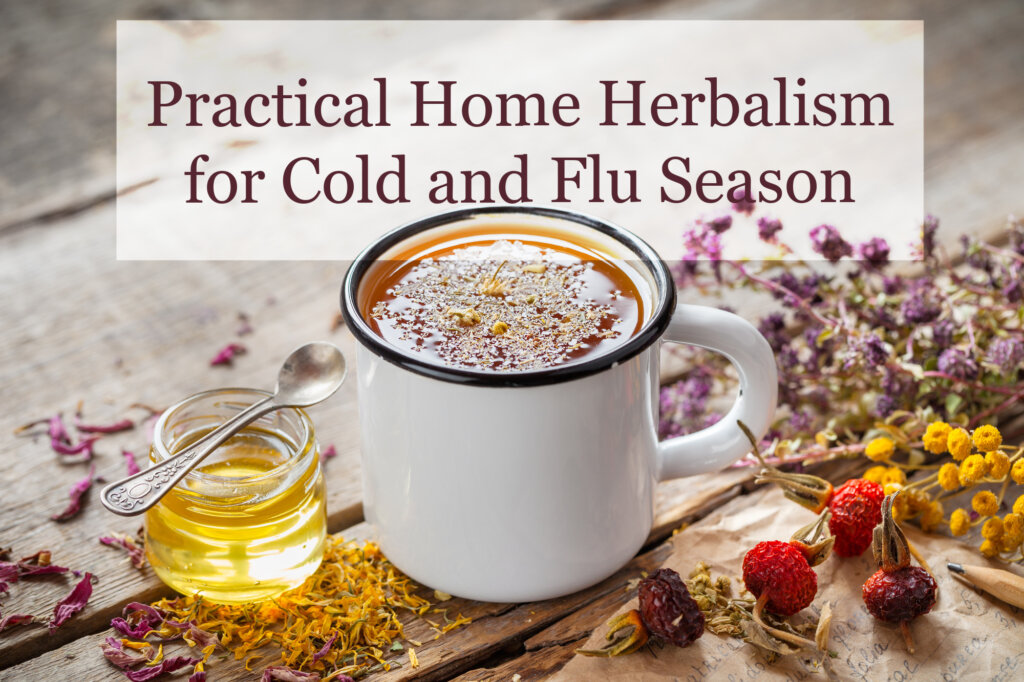
Herbal Course
If you’re thinking you’d like to start making the transition from over the counter or prescription medications to growing, harvesting, and using medicinal herbs at home, then let me tell you about my brand new herbal course in the Pioneering Today Academy where I teach you how to confidently and effectively use herbs at home.
You will be able to tap into the powerful healing abilities to support your immune system, boost your health, and keep you and your family healthy all year long, done with the power of plants instead of pharmaceuticals. (Source) (This course launches in October 2021.)
Verse of the Week: Romans 3:22-23
Other Herbal Posts You May Like
- Homemade Traditional Fire Cider Recipe & Benefits
- Herbal Home Remedies for Cold and Flu
- Herbal Remedies for Animals (Pets & Livestock)
- Homemade Calendula Oil (+ How to Use It)
- Echinacea Tincture – How To Make It & Use It
- Natural Insect Repellent (Do They Work + Recipe)
- How to Plan a Medicinal Herb Garden
- Thyroid, Adrenal Glands & Hormone Health
- Taming Anxiety: Turning Worry into Purpose on Your Homestead
[fusebox_transcript]
